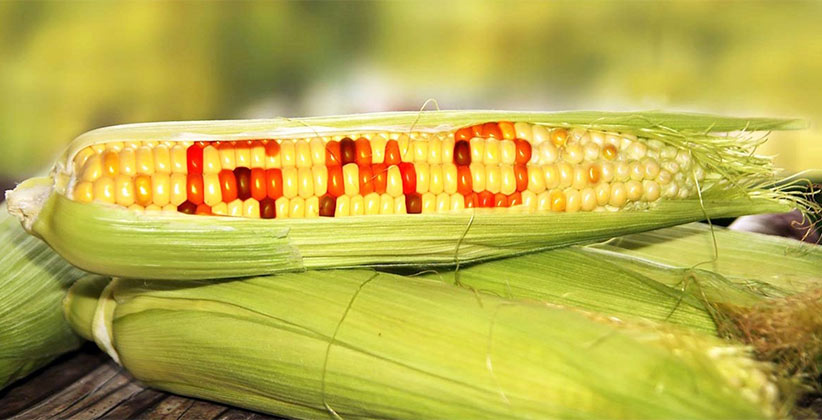 Non-GMO implies non- genetically modified organisms. GMOs (genetically modified organisms), can be defined as unique living organisms that are prepared in a research facility by utilizing the principle of hereditary engineering strategies. Researchers, eco-friendly organizations and consumers have continuously pointed out various environmental and health risks that can emanate from food with GMOs.
Non-GMO implies non- genetically modified organisms. GMOs (genetically modified organisms), can be defined as unique living organisms that are prepared in a research facility by utilizing the principle of hereditary engineering strategies. Researchers, eco-friendly organizations and consumers have continuously pointed out various environmental and health risks that can emanate from food with GMOs.
Because of the dangers, many individuals in the United States and universally are canvassing for “non-GMO” food.
Genetically modified foods
During the genetic manipulation of food plants, researchers extract at least one gene from the DNA of an organism, for example, a virus, bacterium, plant or animal and inject them into the DNA of the plant they need to modify. After introducing these new genes into the specimen plant, Genetic specialists believe the plant will portray the characteristics related with the particular gene. For instance, genetic specialists have introduced genes from a bacterium known as Bacillus thuringiensis or Bt into the DNA of maize plant. The Bt gene possesses a protein that eliminates insects; thus the introduction of the gene into the maize allows the maize plant to get rid of insects by itself.
Genetic Modification is a conceivably perilous innovation
One of the principle issues with genetic modification is that its method of introducing genes into the food plant’s DNA is irregular; researchers have no clue where the genes end up. This can seriously affect and disrupt the functionality of other genes and produce unusual proteins that have never been heard of. These unusual proteins could produce poisons and allergens in our food.
Genetic Modification is a radical innovation
Genetic Modification Enthusiasts claim that the innovation is just an augmentation of customary plant rearing. However, genetic modification is entirely different and extraordinary. Customary plant breeders work on similar or related plants to create new plant variations or species. But Genetic specialists separate nature’s hereditary impediments by giving way to the introduction of genes from microscopic organisms, virus, and even bacteria—with unknown outcomes.
Genetic modification is an out-dated hypothesis
Genetic modification depends on a hypothesis called the Central Dogma, which affirms that a single gene will express a single protein. In any case, researchers working with the United States National Human Genome Research Institute found this wasn’t valid, that genes function in a mystifying manner which can never be fully deciphered. This verdict challenges the whole motive behind genetic modification.
rBGH (Recombinant Bovine Growth Hormone)
Approximately 10% – 15% of dairy animals in the United States are infused with a genetically engineered bovine development hormone called rBGH (rBST). rBGH is forbidden in numerous nations because of adverse health effect on bovines. In the United State, top eateries and retailers, for example, McDonald’s, Safeway, Wal-Mart and Starbucks only sell milk that is rBGH-free.
If you are Looking for a Canadian Grain exporter, call us at +1 (416) 548-5901
Extracted from: http://non-gmoreport.com/what-is-non-gmo-what-are-genetically-modified-foods/




Comments are closed.